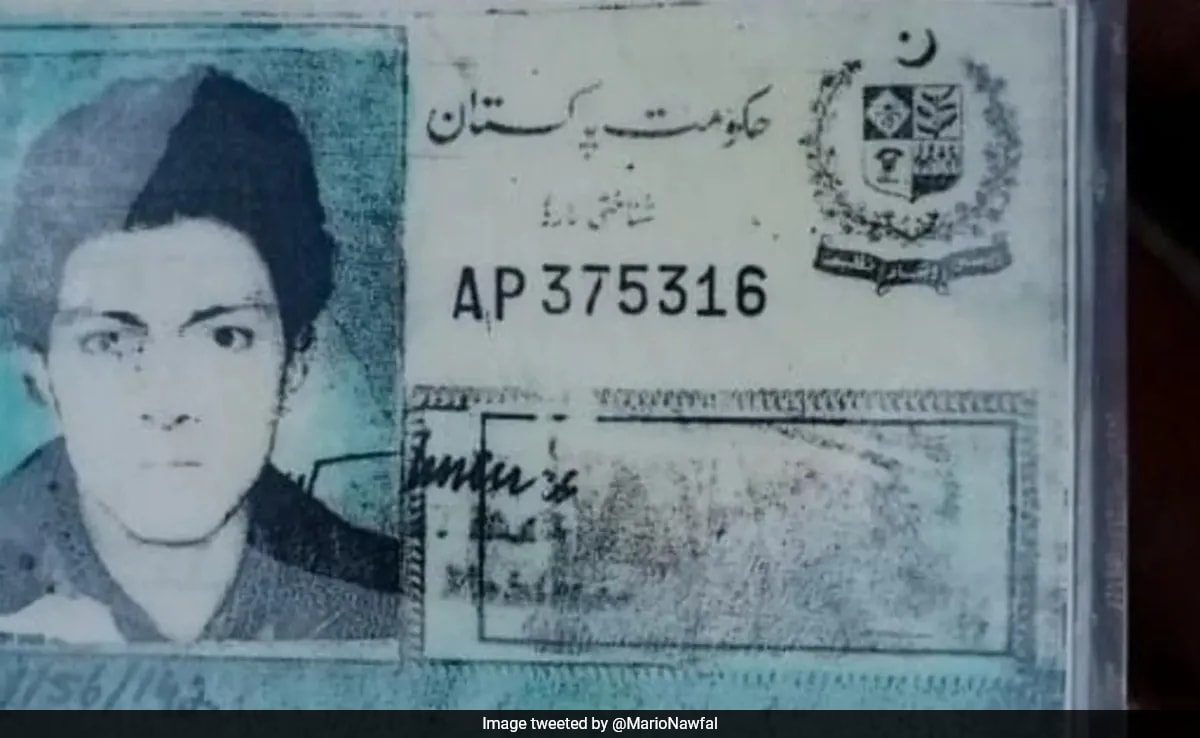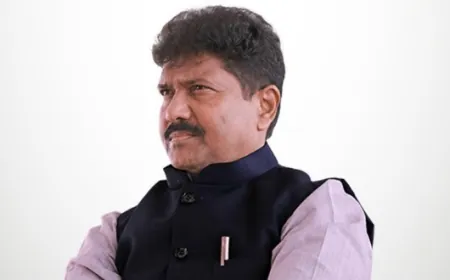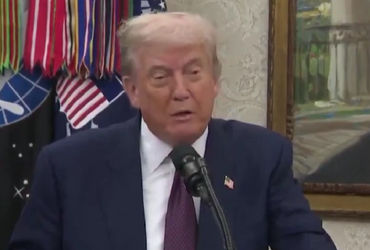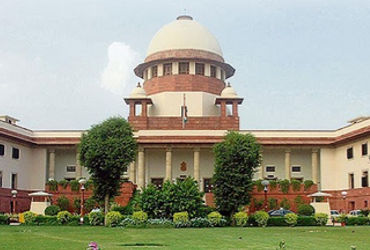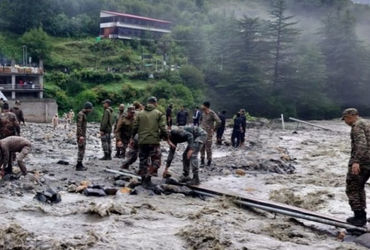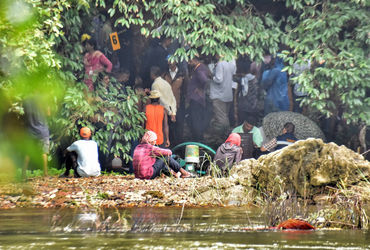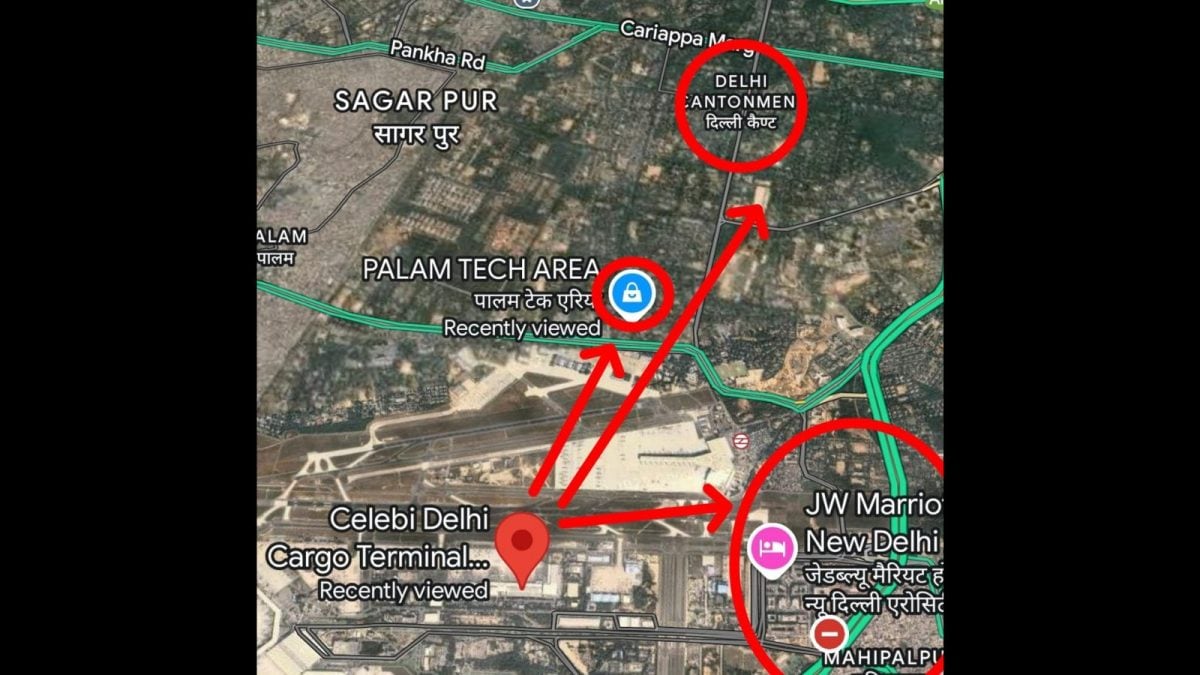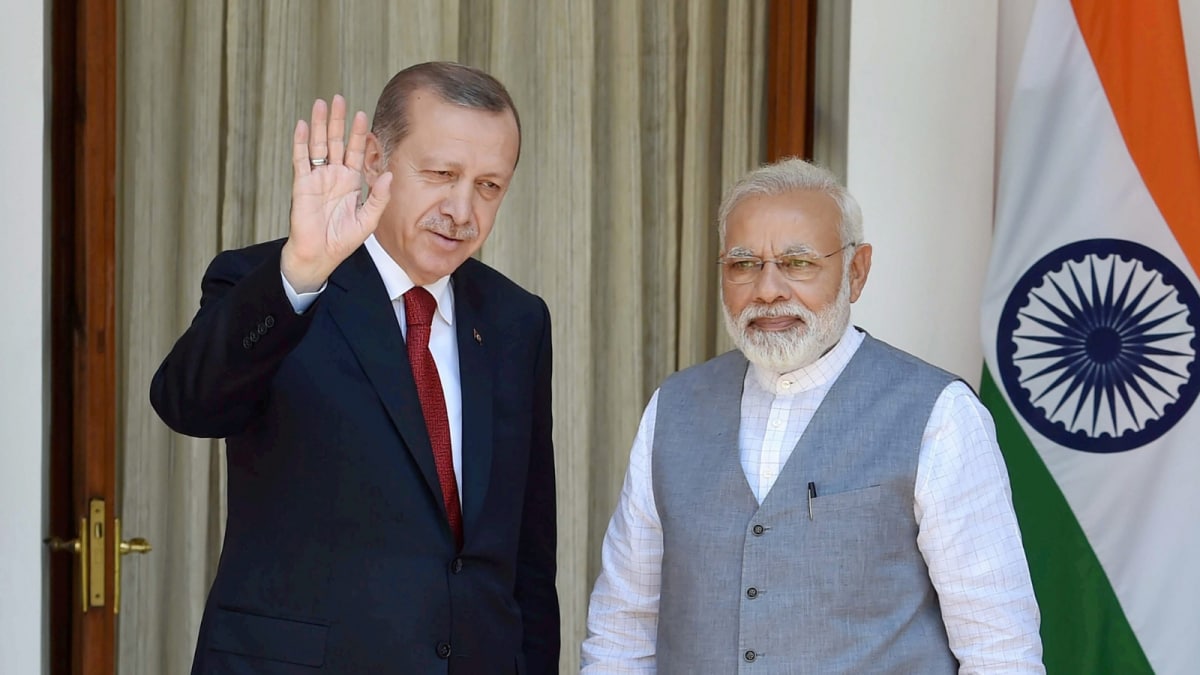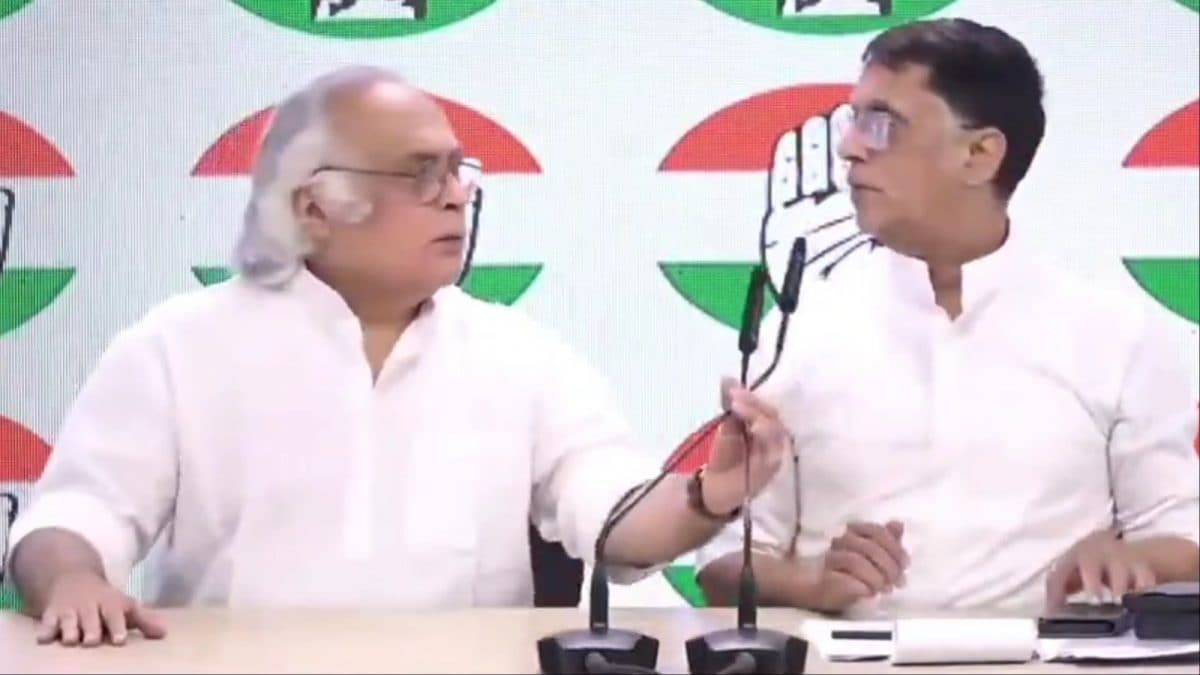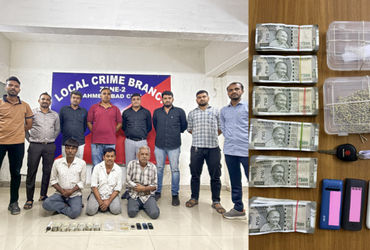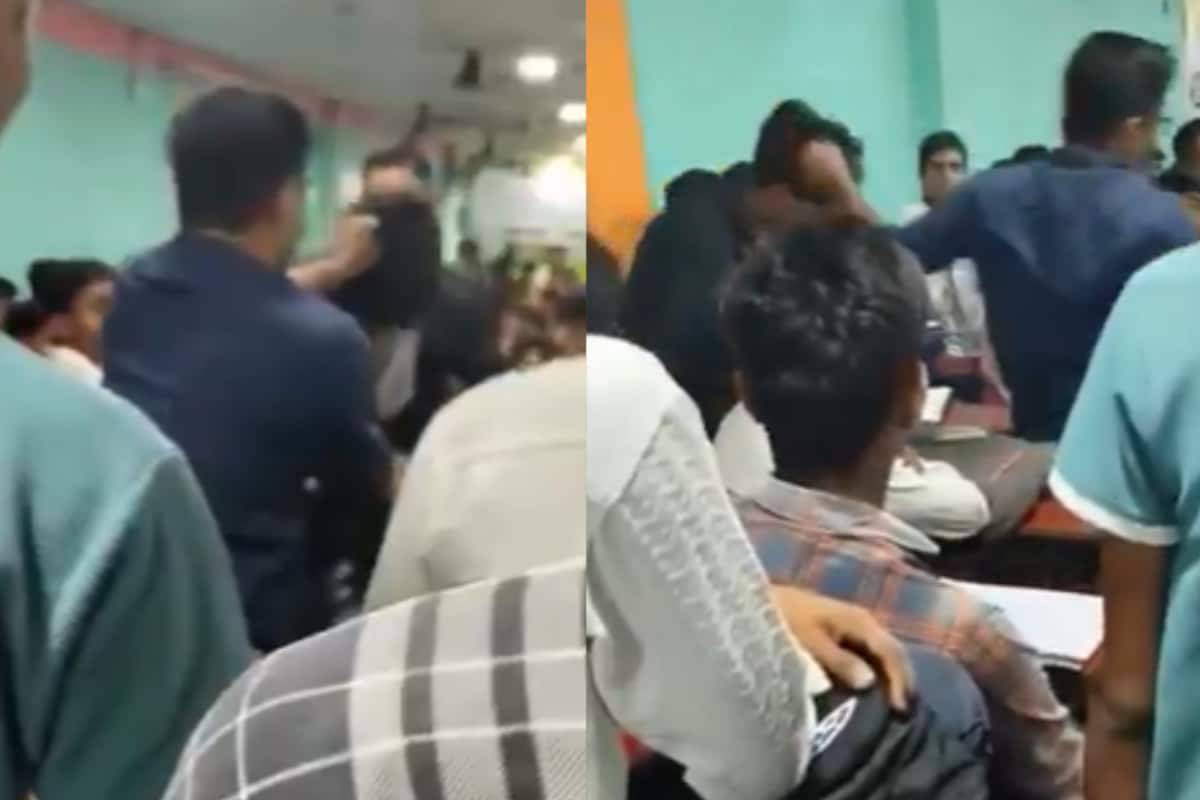Behrampura CETP restarts amid confusion: GPCB clears trial, AMC denies approval
A 30-lakh litre per day Common Effluent Treatment Plant (CETP) in Ahmedabad’s Behrampura ward has restarted operations on a trial basis after being shut for over a year and a half. While the Gujarat Pollution Control Board (GPCB) has cleared a trial run, the Amdavad Municipal Corporation (AMC) has denied giving formal approval, leading to conflicting statements and public confusion.The CETP was originally commissioned in 2022 to curb untreated wastewater discharge into the Sabarmati River from hand screen printing units in Behrampura, Danilimda, Sikandar Market, and Suez Farm. It was built at a cost of ₹112 crore and was expected to serve over 700 industrial units.However, just six months into its operation, the Gujarat High Court issued a strong warning over excessive effluent discharge by several units. This led to a closure notice from the GPCB and a subsequent shutdown of more than 700 facilities.Restart initiated by industry associationThe Ahmedabad Hand Screen Printing Association informed its members that the CETP was back in operation from 1 August 2025. In a written circular, the association directed all members to clear outstanding dues, open their effluent valves, and begin the process of obtaining No Objection Certificates (NOCs) from the GPCB.Association President Yaseen Javarawala confirmed that the GPCB had issued a formal written notification to begin operations. He also stated that the association had deposited ₹11 crore with the AMC.A letter signed by Javarawala and circulated on social media urged members to promptly settle dues with the association, obtain clearance certificates, and prepare for phased reconnection to the plant.AMC officials issue contradictory statementsAMC officials, however, offered inconsistent responses. Vijay Patel from the AMC Water Resources Department initially claimed the civic body had not granted any approval for restarting the CETP. By evening, he revised his statement, acknowledging that the GPCB had permitted a trial run.Meanwhile, Dilip Bagriya, Chairman of the AMC Water Committee, confirmed the GPCB’s clearance for a trial, but did not comment on AMC’s role in the restart.Accountability concerns remainThe restart of the CETP without clear consent from all relevant authorities has sparked questions over regulatory accountability. The central concern remains: if pollution of the Sabarmati River recurs, who will be held responsible — the GPCB, which permitted the trial, or the AMC, which denies formal approval?With public health and environmental safety at stake, clarity on institutional roles and enforcement mechanisms will be critical as the plant resumes operations.
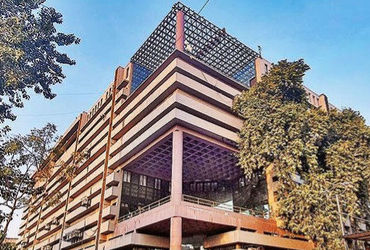
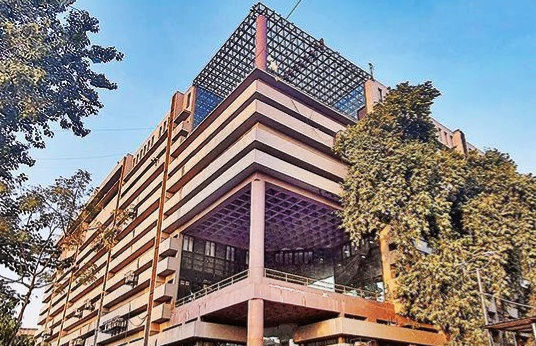
A 30-lakh litre per day Common Effluent Treatment Plant (CETP) in Ahmedabad’s Behrampura ward has restarted operations on a trial basis after being shut for over a year and a half. While the Gujarat Pollution Control Board (GPCB) has cleared a trial run, the Amdavad Municipal Corporation (AMC) has denied giving formal approval, leading to conflicting statements and public confusion.
The CETP was originally commissioned in 2022 to curb untreated wastewater discharge into the Sabarmati River from hand screen printing units in Behrampura, Danilimda, Sikandar Market, and Suez Farm. It was built at a cost of ₹112 crore and was expected to serve over 700 industrial units.
However, just six months into its operation, the Gujarat High Court issued a strong warning over excessive effluent discharge by several units. This led to a closure notice from the GPCB and a subsequent shutdown of more than 700 facilities.
Restart initiated by industry association
The Ahmedabad Hand Screen Printing Association informed its members that the CETP was back in operation from 1 August 2025. In a written circular, the association directed all members to clear outstanding dues, open their effluent valves, and begin the process of obtaining No Objection Certificates (NOCs) from the GPCB.
Association President Yaseen Javarawala confirmed that the GPCB had issued a formal written notification to begin operations. He also stated that the association had deposited ₹11 crore with the AMC.
A letter signed by Javarawala and circulated on social media urged members to promptly settle dues with the association, obtain clearance certificates, and prepare for phased reconnection to the plant.
AMC officials issue contradictory statements
AMC officials, however, offered inconsistent responses. Vijay Patel from the AMC Water Resources Department initially claimed the civic body had not granted any approval for restarting the CETP. By evening, he revised his statement, acknowledging that the GPCB had permitted a trial run.
Meanwhile, Dilip Bagriya, Chairman of the AMC Water Committee, confirmed the GPCB’s clearance for a trial, but did not comment on AMC’s role in the restart.
Accountability concerns remainThe restart of the CETP without clear consent from all relevant authorities has sparked questions over regulatory accountability. The central concern remains: if pollution of the Sabarmati River recurs, who will be held responsible — the GPCB, which permitted the trial, or the AMC, which denies formal approval?
With public health and environmental safety at stake, clarity on institutional roles and enforcement mechanisms will be critical as the plant resumes operations.
What's Your Reaction?












